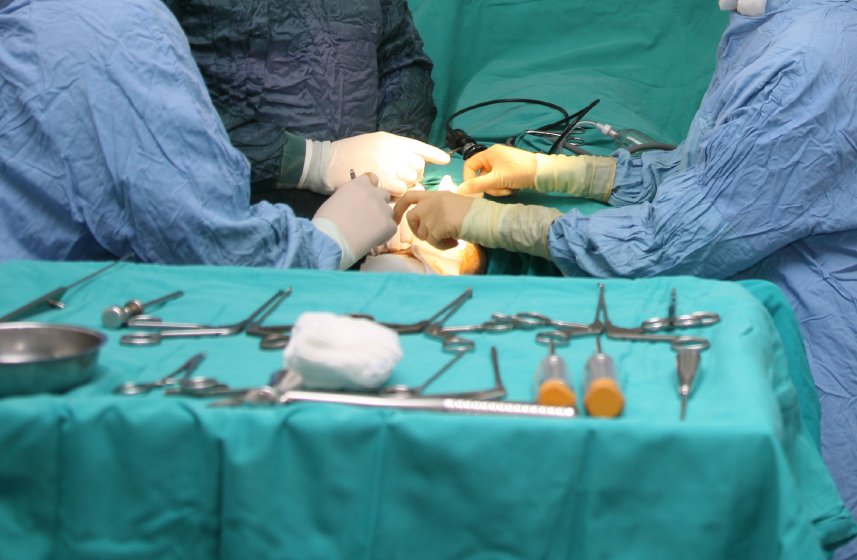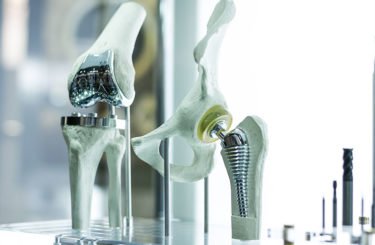
Unapproved OtisKnee Replacement System Plagues Patients
People seeking relief from debilitating knee pain continue to fall victim to implant manufacturers that cut corners as they rush their products to market. The latest such example is OtisMed Corporation and its OtisKnee system.
In a story reported by The New York Times, patients don’t inquire into the tools, techniques, or implants their surgeons will employ during a knee replacement surgery. They simply rely on the physicians – who in turn rely on manufacturers like OtisMed – to deliver a positive outcome.
A brief inquiry into the OtisKnee system reveals, however, that OtisMed never sought clearance from the U.S. Food & Drug Administration prior to selling the device, and when it did eventually apply for an FDA approval, the agency rejected the application, indicating that OtisMed had not demonstrated that the product was safe and effective. Ultimately, the company generated $27 million from sales of 18,000 OtisKnee systems over a three-year period from 2006 to 2009, all without FDA approval.
Recently, OtisMed and its former CEO pled guilty to federal charges of distributing adulterated medical devices, and agreed to an $80 million settlement.
Medical devices are a $110 billion-a-year industry, fueled by the 700,000 or so knee replacements performed annually in the U.S. So how was OtisMed allowed to sell its OtisKnee in the first place?
As discussed in prior posts regarding defective implant devices such as those manufactured by Stryker Corporation, FDA regulations have opened up various loopholes, and the FDA gives more freedom to certain classes of medical devices than others. According to the U.S. Department of Justice, officials at OtisMed represented to doctors and hospitals that its OtisKnee system was a Class I device that did not require FDA approval or clearance.
To market the OtisKnee, OtisMed worked closely with Stryker, which is now itself in the process of settling hundreds of product liability cases involving patients injured by its Rejuvenate and ABG II hip replacement systems that bypassed formal clinical testing and FDA premarket approval. As the New York Times article explained, “Stryker made knee replacement components that worked with the OtisKnee. Stryker became interested in buying OtisMed, according to the Justice Department case, and requested that the start-up apply for FDA clearance to market the OtisKnee, which it did in October 2008.”
OtisMed pulled OtisKnee cutting guides from the market in 2009, but device failures began to surface in November 2007, with 11 reported “malfunctions” that month and a total of 58 two years later. The January 2008 edition of The Journal of Arthroplasty advised that “[t]he potential for malalignment with this system places implants at high risk of early failure.”
When medical implant devices fail, patients can experience a number of injuries such as bone and tissue damage, chronic pain, and lack or loss of mobility, and remedying a defective device often requires a second replacement surgery followed by recovery and rehabilitation, not to mention additional medical expense, loss of wages, and unnecessary suffering.
The attorneys and medical professionals in Sommers Schwartz’s Medical Device Litigation Group have represented hundreds of patients harmed as the result of defective medical devices and doctor and hospital errors. If you’re the victim of a failed knee or hip implant, please contact us today for a free consultation.










